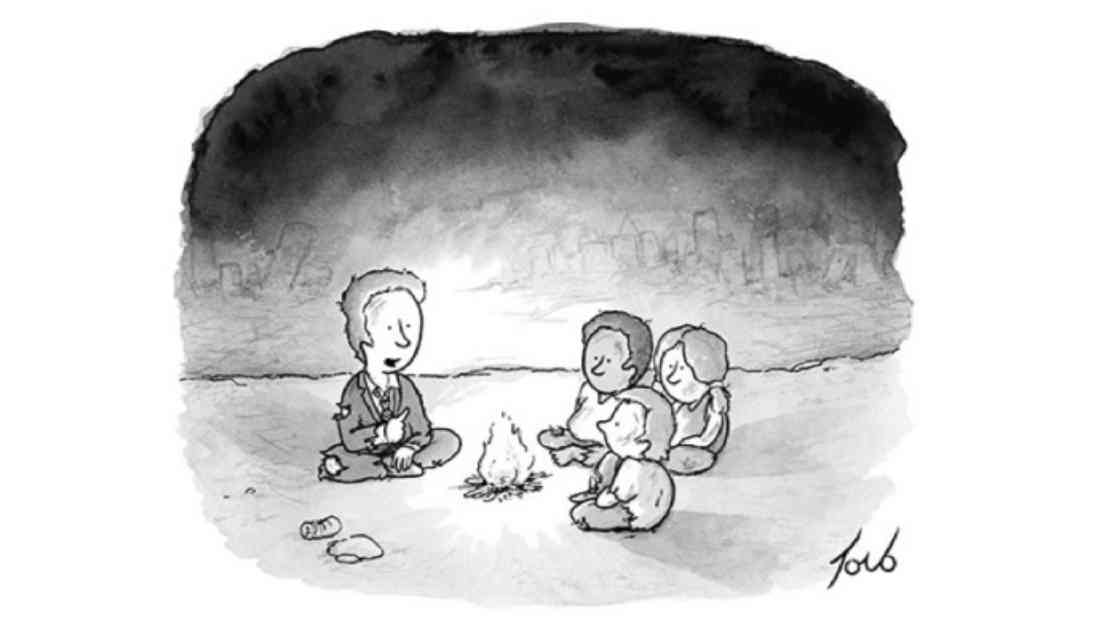The impact of inflation on the success of former President Donald Trump in the 2024 election has been a topic of interest and debate. While many believed that inflation would play a significant role in determining the outcome of the election, the actual data tells a different story.
An analysis of geographically granular US inflation and the election results indicates that inflation did not have a straightforward effect on the swing to Trump. In fact, cities that experienced higher inflation actually saw smaller swings to Trump in 2024. This contradicts the common belief that areas with higher inflation would be more likely to support Trump.
When looking at cumulative CPI against Trump’s vote share, a positive association is found. This means that cities with higher inflation also saw a higher vote share for Trump. However, this relationship was also observed in the 2020 election when Trump lost to Joe Biden. The data is limited, as only 21 metropolitan areas were included in the analysis.
A larger sample from the Bureau of Economic Analysis also showed no relationship between inflation rates and the Trump swing or Trump’s vote share in 2024. This discrepancy between expectations and reality raises the question of why areas with higher inflation did not swing more towards Trump.
One possible explanation is that perceived inflation and experienced inflation differ from objective measures of inflation. While aggregate measures like CPI and PCE indicate high inflation levels across the US, individuals may have very different experiences based on their consumption patterns. For example, the lowest income quintile typically experiences higher inflation rates compared to higher income groups.
Republican voters, who consumed more negative information about the economy, were more likely to blame the government for inflation. This influenced their perceptions of inflation and may have shaped their voting behavior in the 2024 election. Additionally, lower income voters, who were disproportionately affected by inflation, were more likely to support Republicans over Democrats in this election.
Overall, the relationship between inflation and political outcomes is complex and multifaceted. While inflation may have influenced perceptions and attitudes towards the government, the actual impact on voting behavior is not as straightforward as initially assumed. Additional research and analysis are needed to fully understand the dynamics of inflation and its implications for political success.






















